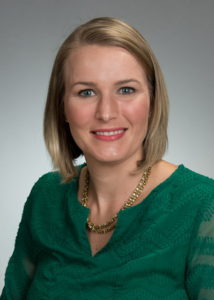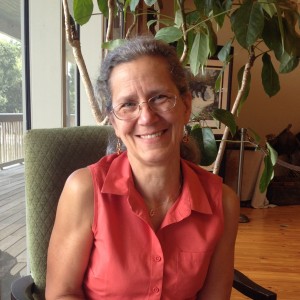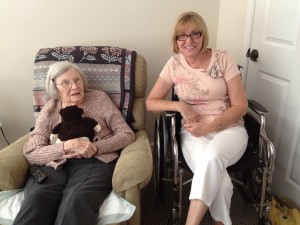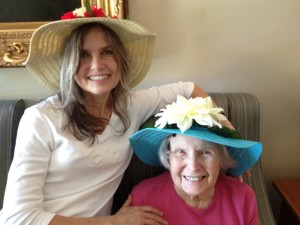Register now – Free Legal & Financial Planning Webinar Session # 2 – Crisis Planning, Tuesday 19th June 12 pm
Free Financial & Legal Planning Webinar Series
The Alzheimer’s Association is pleased to welcome guest speaker Melanie Bradford Holliman who will be presenting at their new webinar series on several topics related to Legal and Financial planning for families affected by Alzheimer’s and other forms of dementia. Melanie is the Executive Director of Alabama Family Trust, a special needs nonprofit 501(C)3 pooled-trust company and an elder law attorney. She has practiced estate planning law in Northeast and Central Alabama for over a decade, and she brings her expertise in these areas to assist our families in understanding how to plan ahead for long-term care.
The free sessions will be held on the: 3rd Tuesday of every month – 12pm – 1.30pm CST
You can access the live session by telephone only or you can watch the live webinar feed. To pre-register and receive the webinar link and dial in details, please complete our online form at https://goo.gl/forms/XTcb2S89oXkv9SUr1 or contact at 205 379 8065 / lhurley@alz.org and provide your name, number, email address and zip code. For those who are unable to attend, the session recordings available in the future.
Session Dates:
May 15th– Long Term Care Strategies and Options
A more comprehensive overview of various forms of long term care planning, methods to pay for care, and strategies to get the best care
June 19th – Crisis Planning
Long Term Care Planning in an Emergency and how to avoid a Medicaid Spend down
July 17th – The Basics of Estate Planning
Capacity, Durable Power of Attorney, Health Care Directives, Guardianship, Conservatorship, Wills, Living Trust
August 21st – Blended Family Estate Planning
Common mistakes that couples make in estate planning when they have a blended family
September 18th – Question and Answer Session
An opportunity for viewers to present questions to Melanie. If you are unable to attend the live session, please submit your questions to the chapter in advance by contacting lhurley@alz.org.
Please note Melanie cannot answer questions related to specific cases or provide legal advice. These sessions aim to provide general information on the topics.









Recent Comments